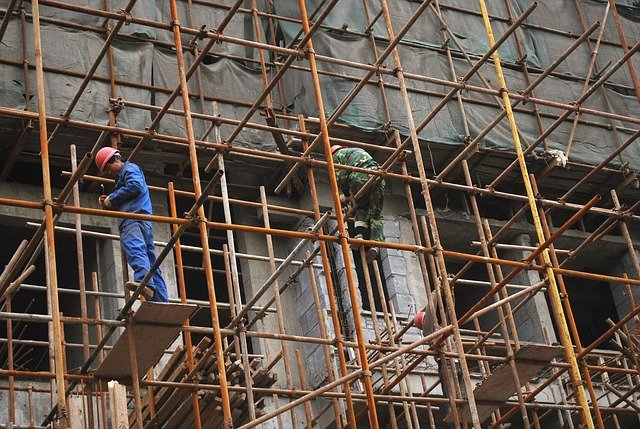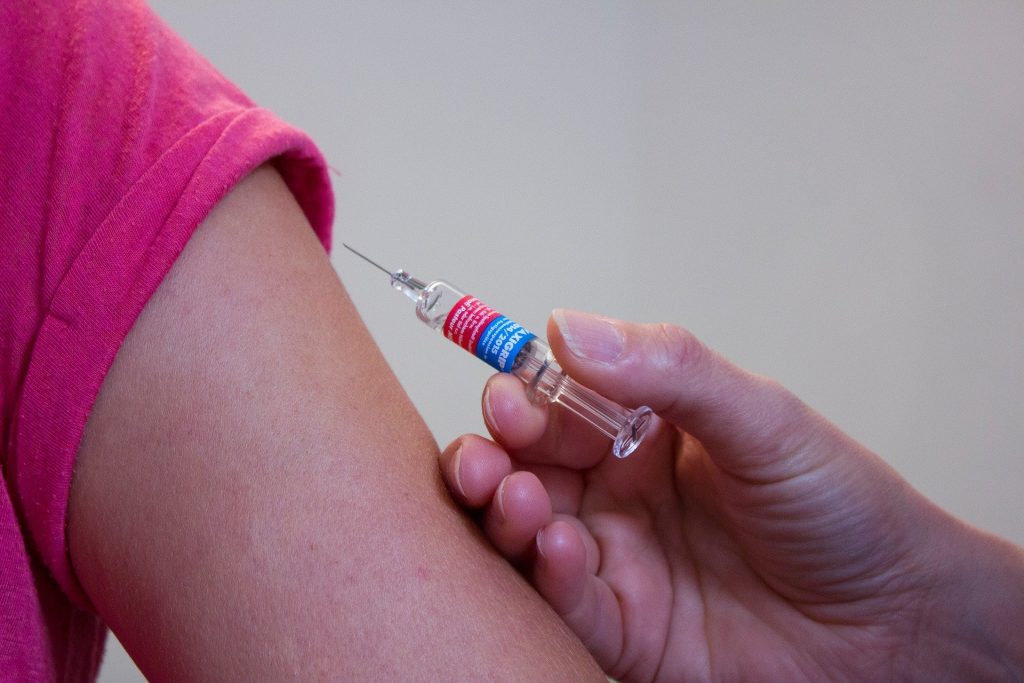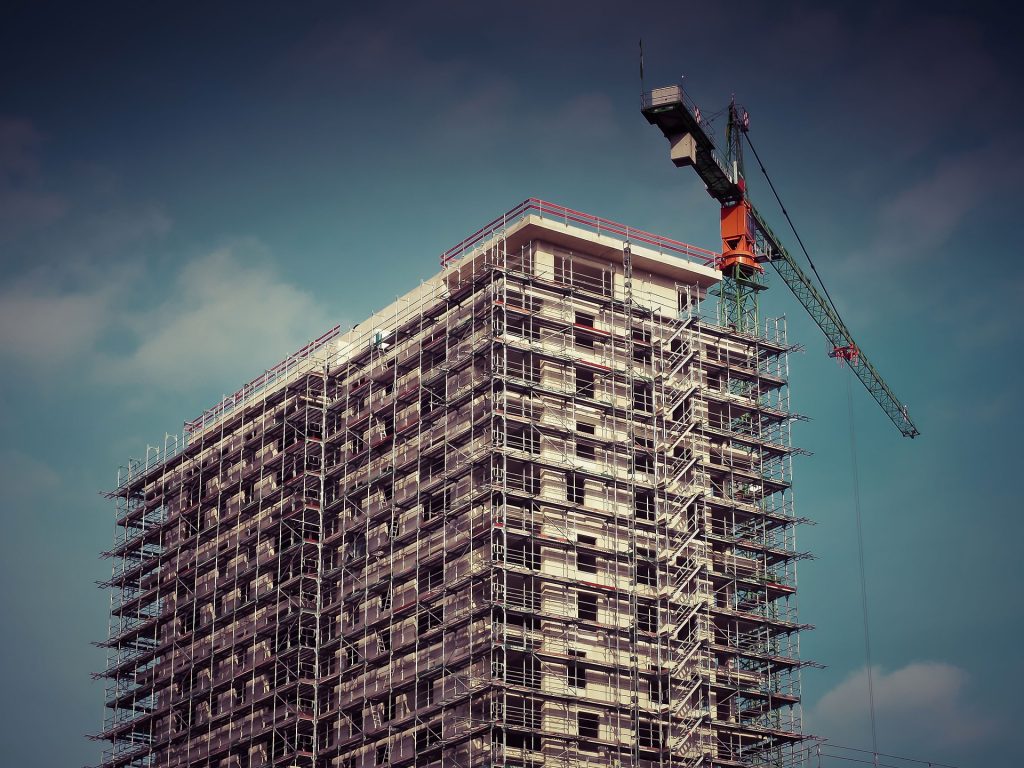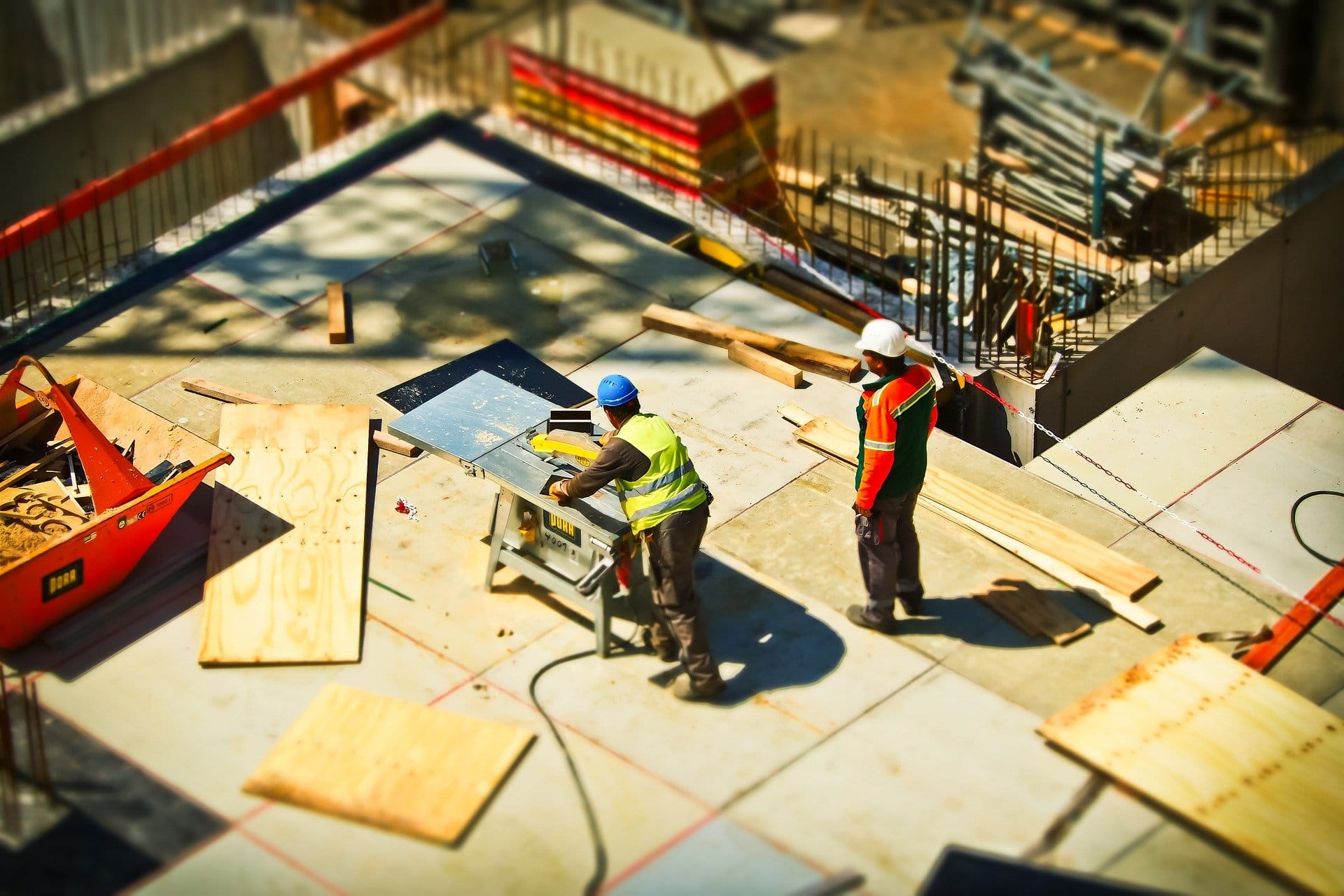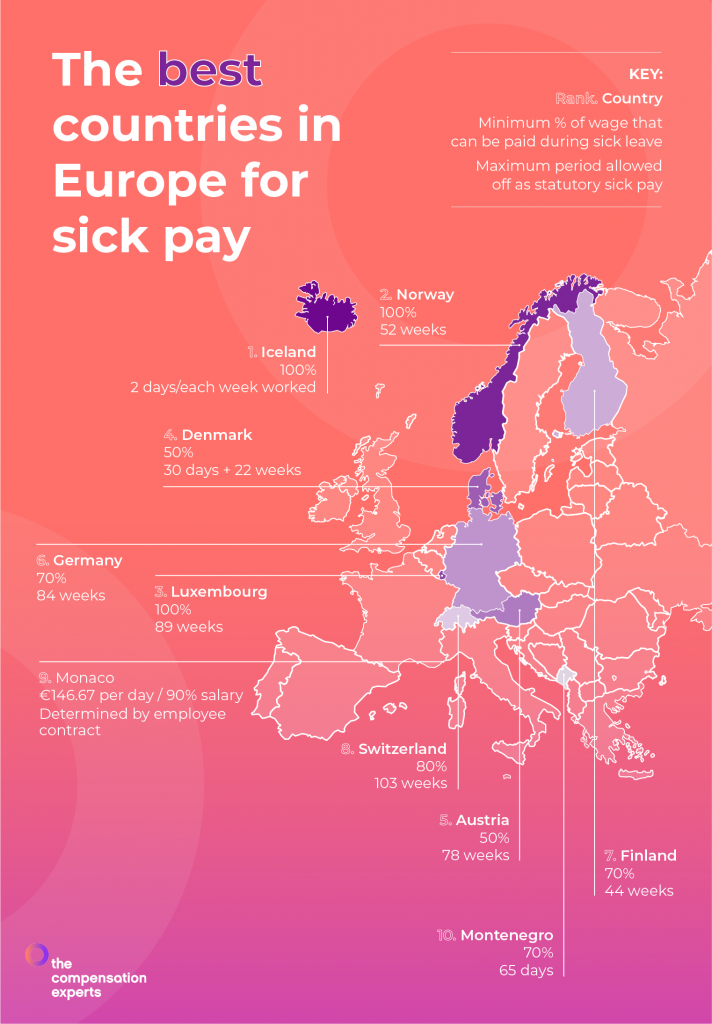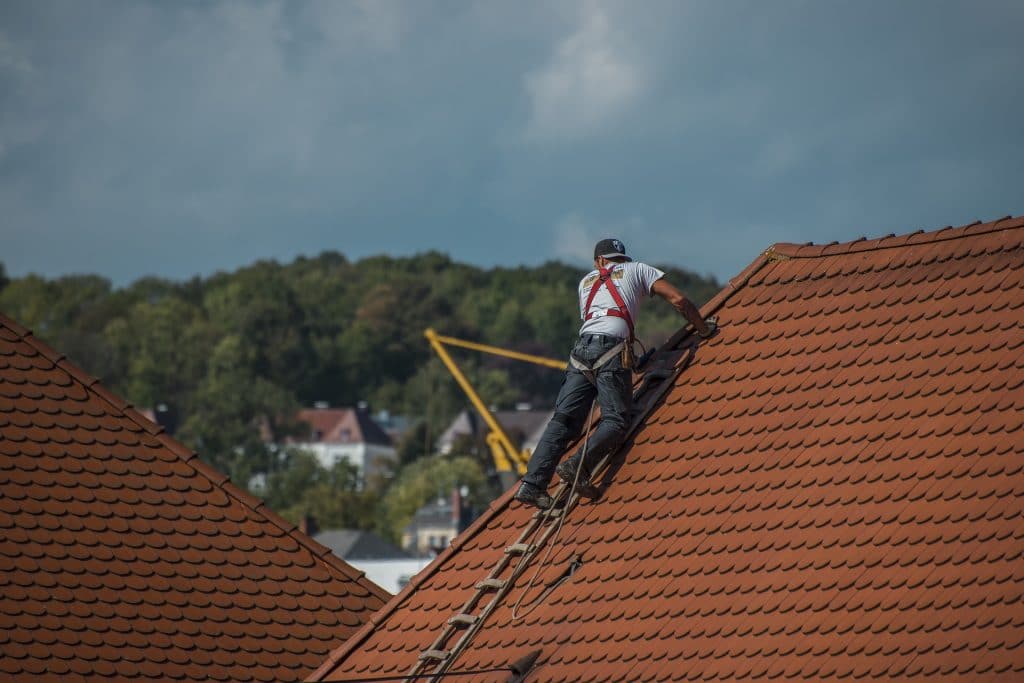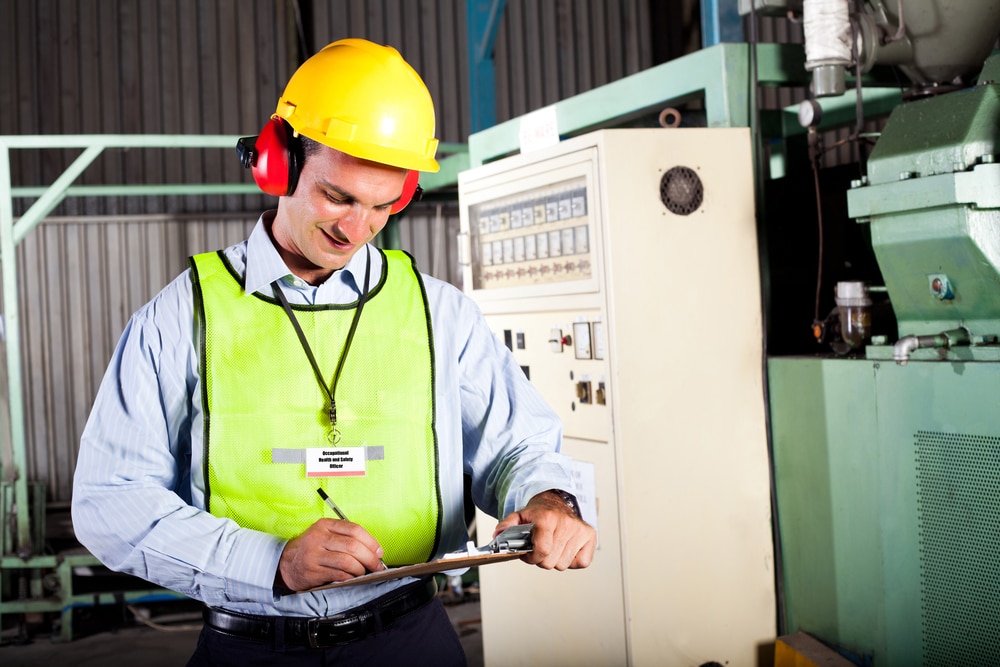A company and it’s director were both recently sentenced and fined for an accident at work that caused tetraplegia. The sentencing took place at Chelmsford Magistrates Court. The judge found the company guilty of offences under the Health and Safety at Work etc Act 1974 for the incident.
The managing director of Dickies Pet Centre was unloading a pallet of pet bedding from a delivery lorry on a forklift truck. The forklift truck lifted the load with its lifting forks too closely spaced together, so that they went into the wrong apertures in the pallet and could not support it properly when lifting it. Mr Ellwood then manoeuvred the truck away from the lorry and back around with the forks still raised. The load of bedding, which weighed more than 800Kg, and was more than 2.5 metres tall, fell from the pallet onto the delivery lorry driver.
The lorry driver, a previously very active man, sustained life-changing injuries as a result. He had fractures to his neck vertebrae, which have rendered him tetraplegic. He cannot move from the neck down and has a permanent need for 24-hour care to assist him with everyday tasks, even breathing.
Dickies Pet Centre did not complete a risk assessment or did not have a safe system of work for the unloading of delivery vehicles. Mr Ellwood had not been trained in the operation of forklift trucks since 2005. They had also been operating the forklift truck without access to any copy of the manufacturer’s manual.
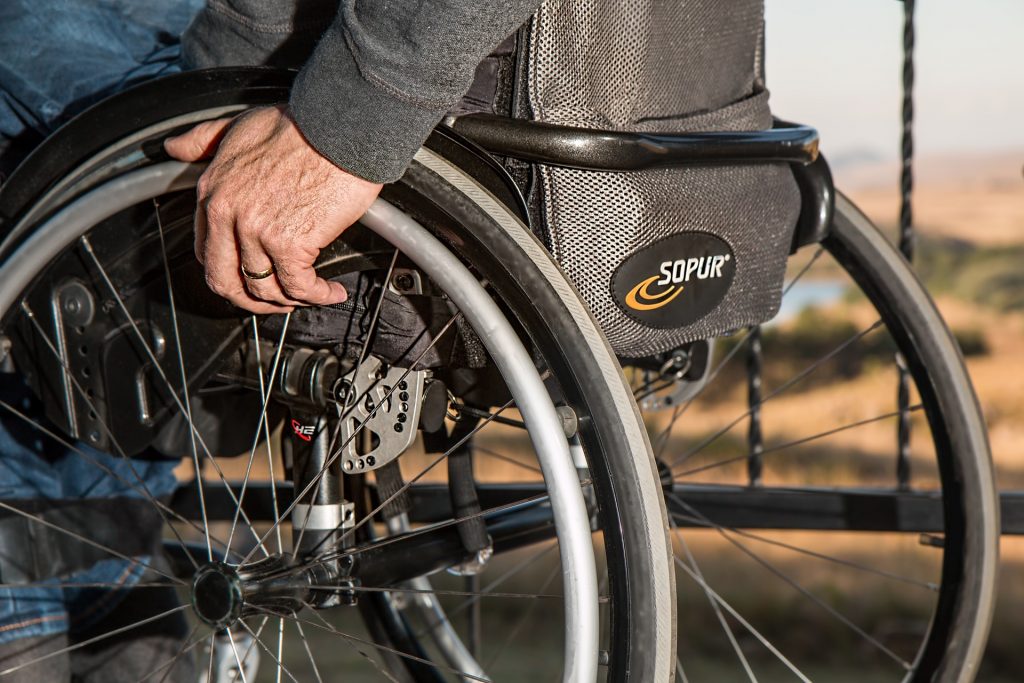
The Company Were Originally Dishonest About the Accident at Work that Caused Tetraplegia
In court, defence counsel accepted that the defendants had acted dishonestly during the investigation. They said that, whilst Mr Ellwood did not set out to cause an accident or injury, his actions, or lack of actions, led to the injury to the lorry driver.
After the incident Mr Ellwood told the independent safety investigator that the load had fallen because the pallet had broken. He did not admit the real reason was the wrong spaced forks going into the wrong apertures in the pallet. Later he told a different story, also blaming the pallet, and also concealing the misplacing of the forks. He told this incorrect story to the local authority when making a statement under caution.
The company had to pay a fine of £115,000 and costs of £70,000. The director must complete a 12 month Community Order with a 200 hour unpaid work requirement.
What is Tetraplegia?
Tetraplegia is a paralysis in the arms and legs. The cause is damage higher up on the spinal cord. It causes the signals from the brain to the body to restrict. It can also affect the chest muscles, which can cause breathing difficulties.
Tetraplegia is a very serious condition. It is life changing and can affect both you and those around you. You may also have some worries about the future in terms of your finances. Whilst claiming compensation may not be the first thing on your mind, it may help to ease your mind.
If you have had an accident at work that causes tetraplegia, then you may be able to claim compensation. This is especially true if the accident was someone else’s fault.
How We Can Help with Accidents at Work that Cause Tetraplegia
Here at The Compensation Experts we work with solicitors who have years of experience dealing with personal injury claims. This includes accidents at work that cause tetraplegia. Contact us by filling in our contact form. Or call us on 01614138765 to speak to one of our friendly knowledgeable advisors.
